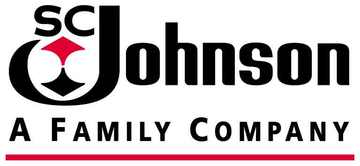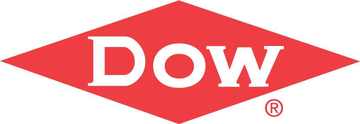Saran
Brand
Saran is the trade name for a number of polymers made from vinylidene chloride (especially polyvinylidene chloride or PVDC), along with other monomers. Since its accidental discovery in 1933, Saran has been used for a number of commercial and industrial products. When formed into a thin plastic film, the principal advantages of Saran, when compared to other plastics, are its ability to adhere to itself and its very low permeability to water vapor, flavor and aroma molecules, and oxygen. This oxygen barrier retards food spoilage, while the film barrier to flavor and aroma molecules helps food retain its flavor and aroma.
Polyvinylidene chloride (PVdC) was discovered at Dow Chemical Company (Michigan, USA) in 1933 when a lab worker, Ralph Wiley, was having trouble washing beakers used in his process of developing a dry-cleaning product. It was initially developed into a spray that was used on US fighter planes and, later, automobile upholstery, to protect them from the elements. Dow Chemical later named the product Saran, and eliminated its green hue and offensive odor.
Subject ID: 58354
MoreSaran is the trade name for a number of polymers made from vinylidene chloride (especially polyvinylidene chloride or PVDC), along with other monomers. Since its accidental discovery in 1933, Saran has been used for a number of commercial and industrial products. When formed into a thin plastic film, the principal advantages of Saran, when compared to other plastics, are its ability to adhere to itself and its very low permeability to water vapor, flavor and aroma molecules, and oxygen. This oxygen barrier retards food spoilage, while the film barrier to flavor and aroma molecules helps food retain its flavor and aroma.
Polyvinylidene chloride (PVdC) was discovered at Dow Chemical Company (Michigan, USA) in 1933 when a lab worker, Ralph Wiley, was having trouble washing beakers used in his process of developing a dry-cleaning product. It was initially developed into a spray that was used on US fighter planes and, later, automobile upholstery, to protect them from the elements. Dow Chemical later named the product Saran, and eliminated its green hue and offensive odor.
In 1949, Dow introduced Saran Wrap, a thin, clingy plastic wrap that was sold in rolls and used primarily for wrapping food. It quickly became popular for preserving food items stored in the refrigerator. Saran Wrap was later acquired by S. C. Johnson & Son.
In some jurisdictions, the name Saran is a registered trademark of the Dow Chemical Company, while in others, it has lost trademark status and become a generic term for these polymers.
Subject ID: 58354
Subject ID: 58354

